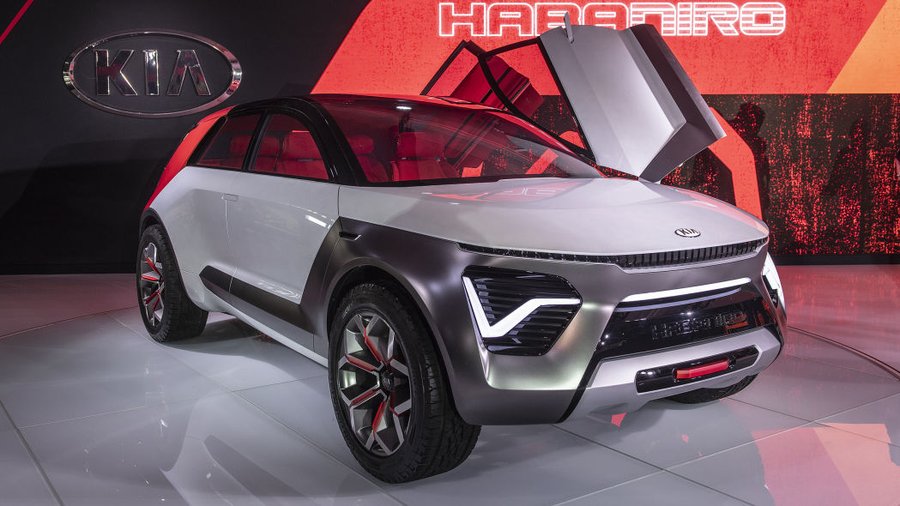Automakers invest heavily in electric vehicles despite lagging demand

Demand for electric vehicles remains low in the U.S. market, but industry executives at the New York auto show this week said they are pushing ahead with billions of dollars in investments even while preaching patience.
Officials said their companies are charging ahead with a flurry of new electric vehicle (EV) models, citing rising regulatory requirements globally.
Last year, only about 2 percent of U.S. auto sales were comprised of full electric or plug-electric hybrid models, with Tesla Inc accounting for more than a third of those sales. The United States ranks seventh in EV sales as a percentage of overall sales, according to the International Energy Agency.
Michelle Krebs, analyst at online marketplace Autotrader, expects EV sales to remain relatively modest until charging infrastructure, prices and battery performance improve.
"It's going to be a pretty long runway," Krebs said, adding EV sales may first rise dramatically in government and corporate fleets.
In New York, industry executives said they face hurdles to selling EVs — persistently low fuel prices, lack of consumer education, lower residual values, higher upfront costs because of battery packs and consumer concerns about the availability of charging infrastructure.
Nevertheless, automakers are showing sportier, more creative EVs than the original plug-in models that were mostly small cars.
Hyundai Motor Co's luxury Genesis unit at the show showed an EV concept car, called the Mint, capable of an estimated 200 miles per full charge and fast recharging, while its Kia affiliate unveiled a concept EV crossover with butterfly wing doors called the HabaNiro.
Daimler AG showed a new Mercedes-Benz SUV called the EQC Edition 1886 that will go on sale next year "and then we have a whole lot of other electrics coming over the next couple of years," said Dietmar Exler, who heads Mercedes-Benz USA.
Jaguar Land Rover began selling its electric Jaguar I-Pace, in late 2018 in the United States and is selling only about 200 a month. "It will be a long, long time until we see mass adoption," said Joe Eberhardt, who heads the company's North American unit.
The $70,000 I-Pace was named World Car of the Year this week at the New York show.
There are nearly 300 million gasoline-powered vehicles on U.S. roads, Eberhardt said. "Nobody is going to drive them into the ocean."
He noted the economic advantages of EVs are slight at current gasoline prices. He suggested an I-Pace owner would on average save about $500 a year by using electricity rather than using fuel, but they will also save on maintenance costs.
Germany's Volkswagen AG and its Audi unit are introducing a half-dozen new electric vehicles in the coming two years and have aggressive volume targets, aiming to have 20 to 30 percent of its sales as EVs by 2025.
As part of VW's $25 billion "dieselgate" settlement, the German automaker agreed to add at least three additional electric vehicles, including an SUV, in California by 2020.
Volkswagen U.S. chief Scott Keogh said the company, which showed off a concept ID Buggy EV, is investing in EVs not as a "guilt play" to address its prior diesel issues but to make money.
Keogh says there will be a flurry of launches in the next three years but it will still be a few years beyond that. "I think 2025 is where you're really going to see — is it taking hold?" Keogh said.
Audi said this week it plans to start delivering its new electric E-Tron SUV to U.S. consumers next month. It has just delivered test vehicles to its 300 dealers, said Mark Del Rosso, president of Audi of America, noting that many people who reserved an E-Tron are new to the Audi brand.
Related News
